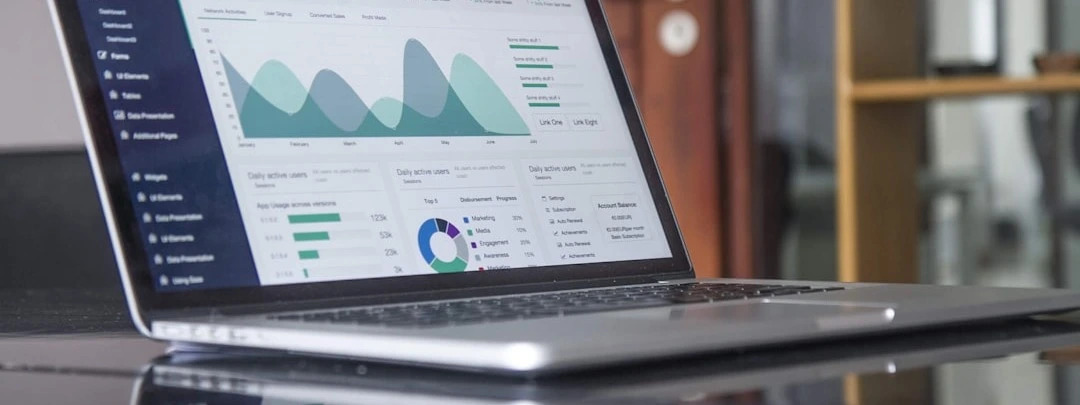SEARCH
Enter your search term below:
Close
Enter your search term below:

WORLD LEADING BUSINESS SUPPORT

While formal data rooms are more common in later-stage raises, many investors (even at seed level) appreciate founders who are organised and transparent early on. It’s not about having every document perfect, but about showing you’re ready to share what matters.
Think of your data room as a digital filing cabinet: a clean, accessible space where potential investors can review key information about your company. It helps them get a feel for your progress, understand how you think about risk and start to build trust.
Some founders use platforms like Envestry or Google Drive, while others prefer Dropbox or Notion. There’s no one right tool. What matters is that the information is clear, structured and easy to access when requested.
There’s no strict checklist, and what’s needed will vary by investor and stage. But across the ecosystem, we often hear that investors are looking to:
• Understand your traction and direction
• See signs of a realistic financial plan
• Get a feel for your team, product and customer validation
• Spot any gaps or red flags early on (so they’re not surprised later)
• Some investors will ask for more detail, while others won’t request a data room at all. But having one ready can show that you’re serious, prepared and respectful of their time.
Below are some of the most frequently mentioned documents that appear in early-stage data rooms:
• Pitch deck (the same one you’ve presented, or a tailored version)
• Cap table (basic ownership breakdown, even if early-stage)
• Financial model (projections for 12–24 months, simple is fine)
• Go-to-market plan or product roadmap
• Key contracts or letters of intent (where relevant)
• Founding documents (Companies House info, shareholder agreements)
• Tech or IP summary (if applicable)
Don’t worry if you don’t have all of these yet – many early-stage founders don’t. The point is to start collecting and maintaining what you do have.
You don’t need fancy formatting, but you do need clarity. A few principles can go a long way:
• Name files clearly (e.g. “Financials_Q2_2025.xlsx” not “Sheet1finalv2”)
• Organise into folders by theme: Financials, Legal, Commercial, Product
• Keep dates visible so investors know what’s current
• Don’t overshare – quality over quantity is key
And if something is a work in progress (like your financial model or IP strategy), it’s okay to say so. Better to be upfront than to leave investors guessing.
Join the SETsquared Innovation Platform and get access to the resources you need to build investor confidence and grow your business.
Join the Innovation PlatformGet all the fresh insights first! Stay up-to-date with all the
latest investment news, blogs and all things SETsquared.
Close
Close